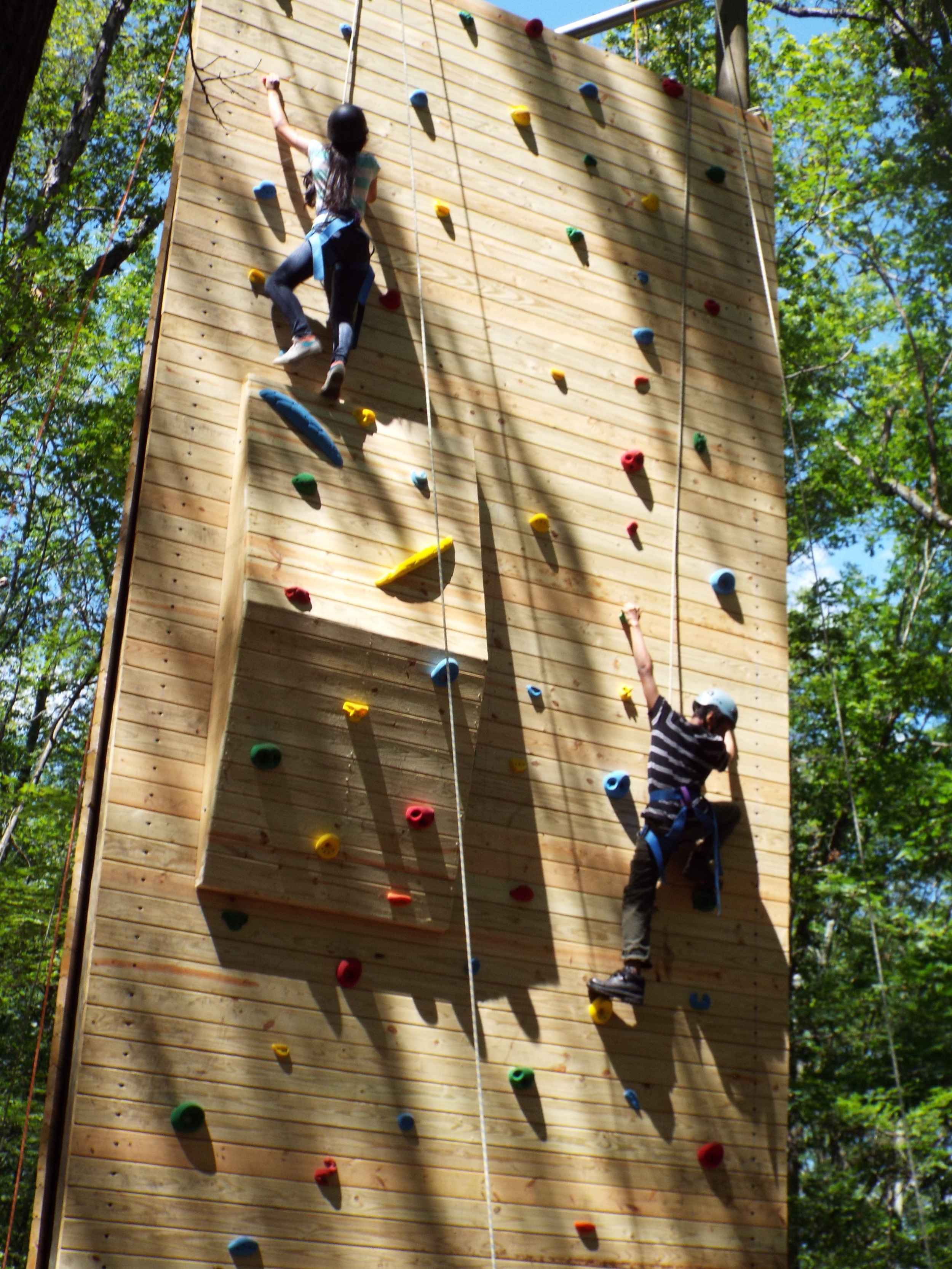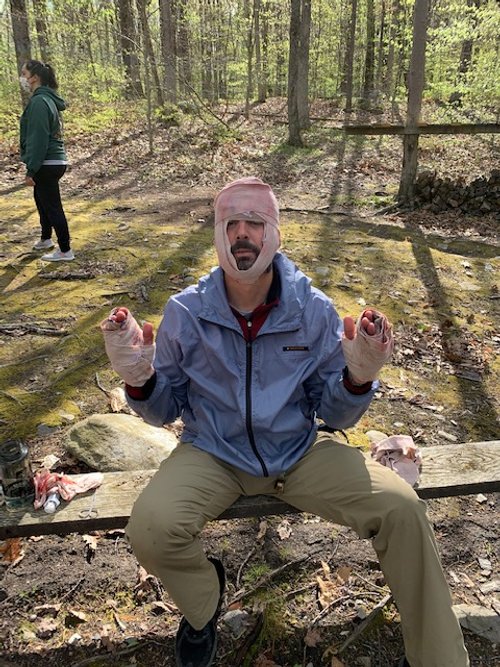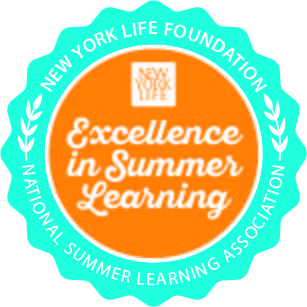“We have changed their direction...their growth, their trajectory. I would say also that a good majority of these students were not college-bound, and I would very proudly say a good number of them are [now] at least considering college, and are moving forward to that.”
High-Quality Social Emotional Learning (SEL) Programs Provide Young People With the Skills to Succeed in School and Life
SEL skills are critical to being a good student, citizen, and worker, and help young people avoid risky behaviors like drug use, violence, bullying, and dropping out of school. PBC's experiential educational approach facilitates SEL and Emotional Intelligence (E.I.). Current research in education, psychology, and related fields documents the benefits of SEL programs and shows that E.I. is strongly linked to staying in school, avoiding risky behaviors, and improving health, happiness, and life success.
From 2006 to 2015 the Center developed and ran an evidence-based school program where Facilitators trained by the Center went into partner schools and provided an hour block of experiential curriculum over the course of a school year. The curriculum was specifically designed to teach social-emotional skills to young people from historically marginalized communities. In 2011, an external study was conducted by Princeton University Professors Dr. Angel L. Harris and Dr. Noliwe Rooks from the Center for African American Studies. It showed significant positive outcomes on Language Arts and Math test scores for the sixth grade students who participated in the Center's in-school program. Specifically, sixth grade students who received the SEL programming experienced a gain in reading of slightly more than 13%, while students in another intervention showed little change and students who did not receive any intervention (control group) experienced declines in reading of nearly 7% over the course of the school year. The results in math scores paralleled those for reading.
In addition to the uptick in academic performance, students who participated in our SEL classes demonstrated positive gains in survey data on critical indicators such as feelings toward their school, their teachers, the importance they attribute to education, self-esteem, academic anxiety, and other social psychological factors. To view the full study, click here.























